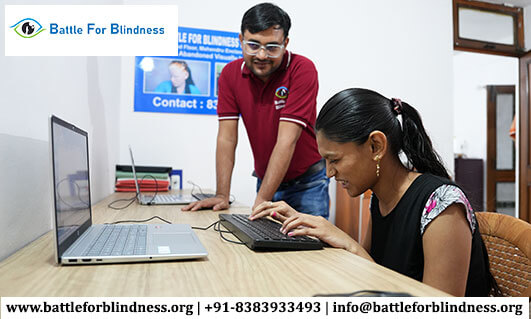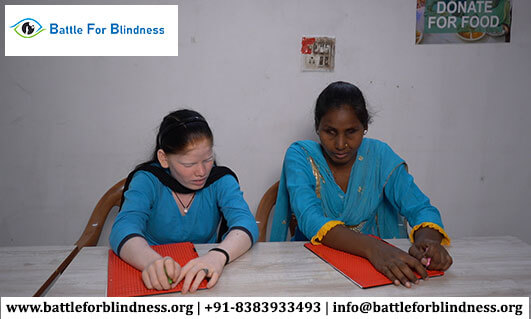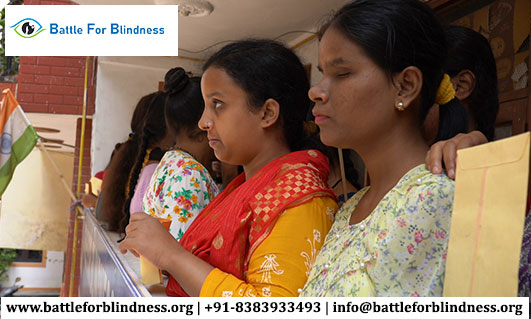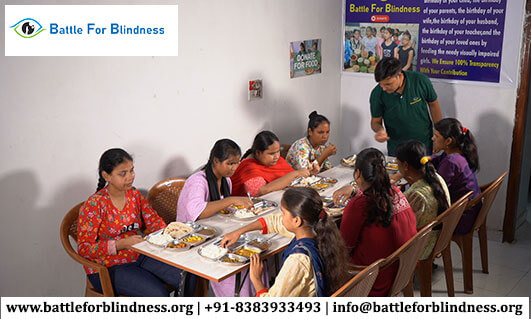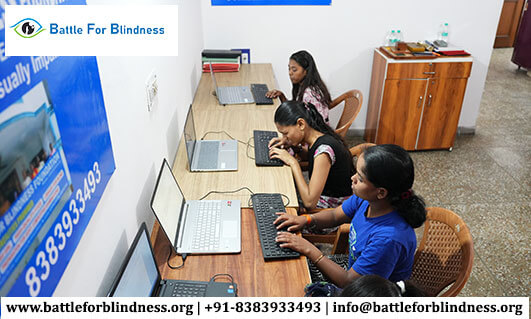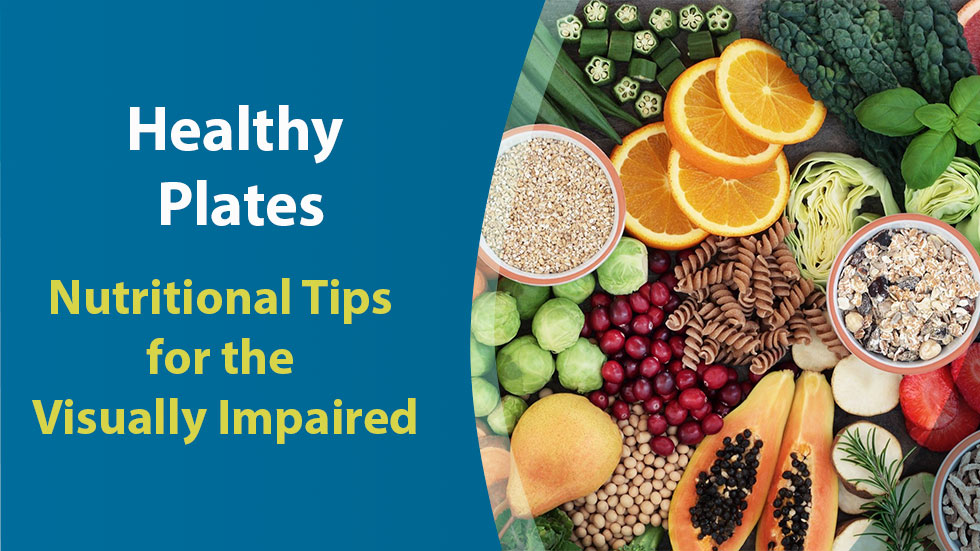
Maintaining a healthy diet is crucial for overall well-being, and this is especially true when it comes to supporting visual health. For individuals with visual impairments or those looking to enhance their vision, the right foods can play a significant role. This blog explores essential foods that not only promote general health but also contribute to maintaining optimal vision.
Leafy Greens
Leafy greens, such as spinach, kale, and collard greens, are packed with vitamins and antioxidants. They are rich in lutein and zeaxanthin, two powerful antioxidants that help protect the eyes from harmful light and oxidative stress. These nutrients can also help reduce the risk of age-related macular degeneration (AMD) and cataracts.
Tip: Incorporate these greens into salads, smoothies, or stir-fries to boost your nutrient intake.
Carrots and Sweet Potatoes
Carrots and sweet potatoes are excellent sources of beta-carotene, which the body converts into vitamin A. Vitamin A is essential for maintaining healthy vision and can help prevent night blindness and dry eyes. Additionally, sweet potatoes offer a range of other vitamins and minerals, including vitamin C and potassium.
Tip: Roast carrots and sweet potatoes for a delicious and nutritious side dish, or add them to soups and stews.
Berries
Berries like blueberries, strawberries, and raspberries are rich in antioxidants, including vitamin C. These antioxidants help combat oxidative stress and inflammation, which can be beneficial for overall eye health. Vitamin C also plays a role in collagen production, which is vital for maintaining the integrity of the eye’s blood vessels.
Tip: Enjoy berries as a snack, in yogurt, or as a topping for oatmeal and salads.
Nuts and Seeds
Nuts and seeds, such as almonds, walnuts, chia seeds, and flaxseeds, are excellent sources of omega-3 fatty acids and vitamin E. Omega-3 fatty acids help maintain the health of the retina, while vitamin E acts as an antioxidant, protecting the eyes from damage caused by free radicals.
Tip: Sprinkle nuts and seeds on salads, blend them into smoothies, or enjoy them as a healthy snack.
Fatty Fish
Fatty fish like salmon, mackerel, and sardines are rich in omega-3 fatty acids and vitamin D. Omega-3s are crucial for maintaining the health of the retina and may help reduce the risk of AMD and dry eye syndrome. Vitamin D supports overall eye health and immune function.
Tip: Aim to include fatty fish in your diet at least twice a week. Grilling or baking fish with a bit of lemon and herbs can make a delicious and nutritious meal.
Citrus Fruits
Citrus fruits, such as oranges, grapefruits, and lemons, are high in vitamin C, which is essential for eye health. Vitamin C helps protect the eyes from oxidative damage and supports the health of the blood vessels in the eyes. It also aids in the absorption of iron, which is important for overall health.
Tip: Start your day with a glass of fresh orange juice or add citrus segments to salads and desserts.
Whole Grains
Whole grains like oats, quinoa, and brown rice provide essential nutrients, including vitamin E, zinc, and B vitamins. Zinc is particularly important for eye health as it supports the function of enzymes in the retina and may help reduce the risk of AMD.
Tip: Choose whole grains over refined grains to maximize nutritional benefits. Add them to soups, salads, and grain bowls for a wholesome meal.
Conclusion
Eating smart involves choosing foods that provide a range of nutrients essential for maintaining both overall health and optimal vision. By incorporating these nutrient-dense foods into your diet, you can support your eye health and potentially reduce the risk of vision-related issues. Remember, a balanced diet, combined with regular check-ups with your healthcare provider, is key to maintaining a healthy lifestyle.
